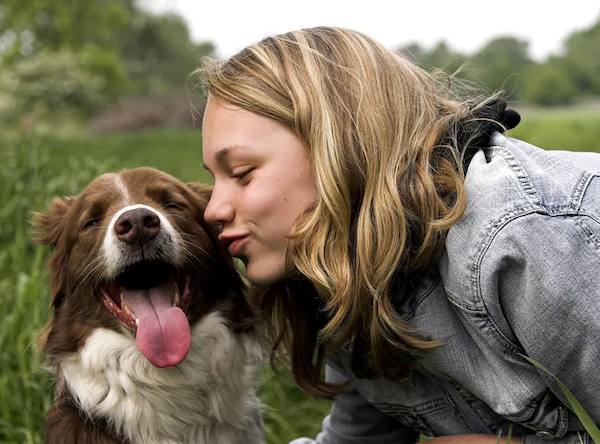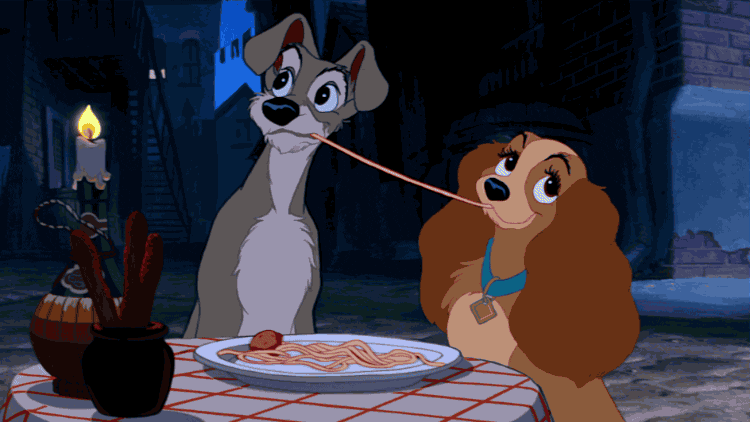Kissing is such a natural thing for many humans, yet have we considered what that gesture means to our canine friends?
In many cultures kissing another person is primarily seen as a sign of affection or, for some cultures, it is simply a positive gesture. For many pet owners giving their pups a kiss and a cuddle is something that comes as second nature, but what do dogs make of this?
Dogs cannot pucker or purse their lips. They can move their lips somewhat but do not have the lip muscles or range of lip movement as people do. Just like they cannot chew food with their mouths closed, as we do. If it is not natural or native to them, like many gestures that humans do, they need to figure out what it means. Is it a good thing or a bad thing?
From a human perspective
As humans, we expect our dogs to sometimes behave in human-like ways and we therefore may subject them to things that aren’t a normal part of their behavior repertoires. Some of us dress up our dogs, teach them to shake hands with people and even expect them to not pass gas in front of guests. On top of this, we may expect dogs to cherish being kissed and hugged.
From a dog’s perspective
When a dog is kissed, it means bringing our face very close to the dog’s face, and this is something that not all dogs are comfortable with. From a dog’s perspective, putting our face close to their faces and plastering them a kiss on the nose, mouth or forehead, may be perceived as a bite or attempt to bite. When we hug and kiss our dogs, we may also wrap our arms around them which removes the dog’s “flight’ option” (the ability to leave). When we hug and kiss dogs, we may therefore put ourselves at risk for a defensive bite to the face which can be very dangerous.
Studies have shown that bending over a dog, putting the face close to the dog’s face and making eye contact (all behaviors taking place when kissing a dog), often led to bites directed towards the central area of the face. Sadly, according to the study, more than two thirds of the victims were children. Young children often perceive dogs as stuffed animals. They want to hug them and smooch them as they do with their toys.
Perspectives can change
According to Animal Behaviorists, ‘dogs don’t understand human kisses the same way that humans do.’ When kissing a young puppy, you may not notice any signs of recognition at all because they have yet to associate kisses with affection. After repeated pairing with petting and affectionate tones in the voice of the owner, dogs may go beyond tolerating kisses to liking everything that surrounds the kissing experience. On the other hand, some dogs never get used to being kissed, for example, some rescue dogs. We may not know what their experience has been before being rescued or if they experienced any affectionate behavior at all from people.

Dogs may respond differently to being kissed and hugged. Some dogs love it, others show pretty obvious signs of disliking it, and some just tolerate them. Some dog owners claim that their dogs seem to really enjoy it, but is that the real picture? In some cases, dogs may be showing very subtle signs of discomfort that go unnoticed, like pulling away or turning away, some even snarl or grumble. Also, some dogs ‘outgrow’ kisses. They may enjoy them as puppies but less so as an adult dog.
So while dogs do not understand what kisses really mean, many can eventually learn to realize they are positive gestures and respond and reciprocate accordingly.
